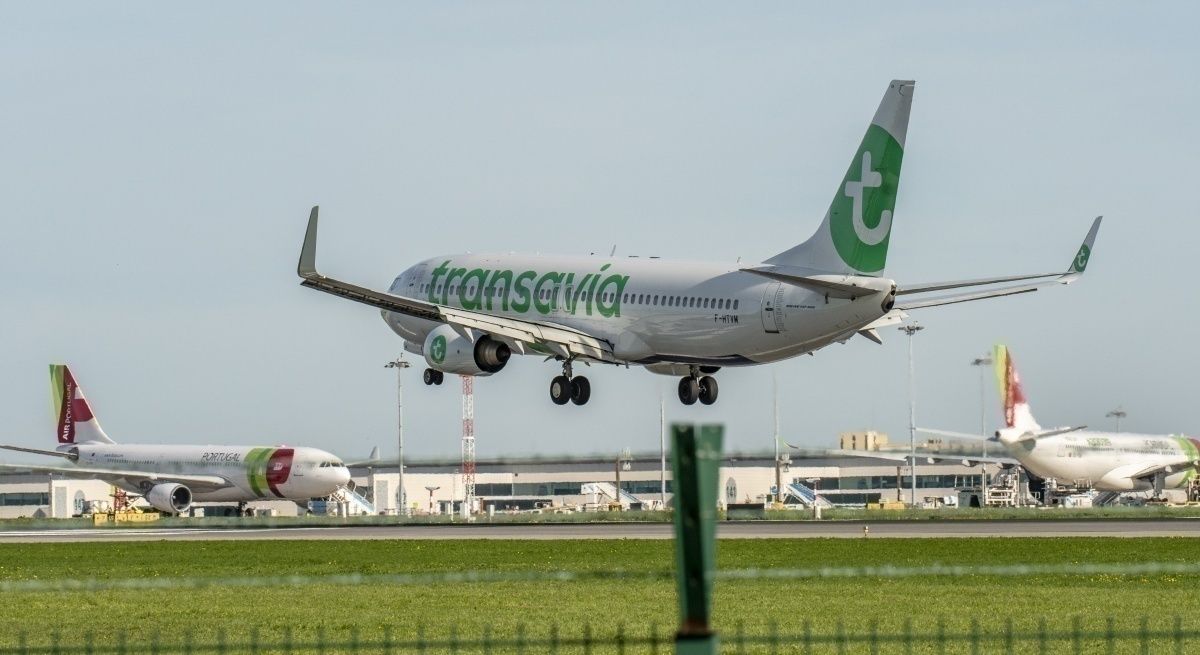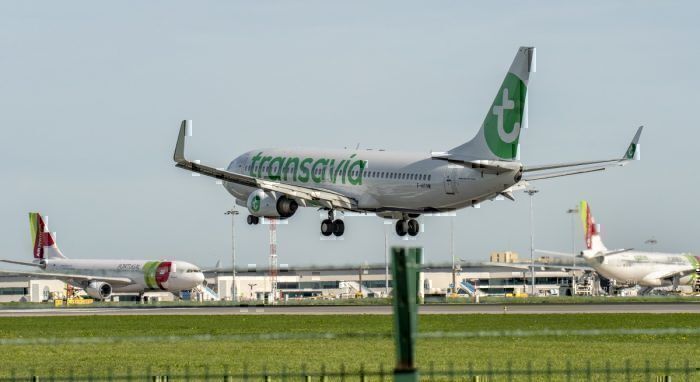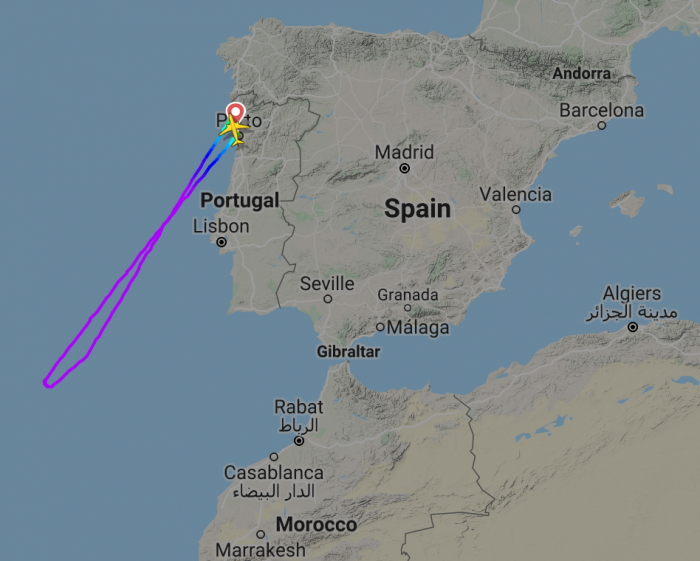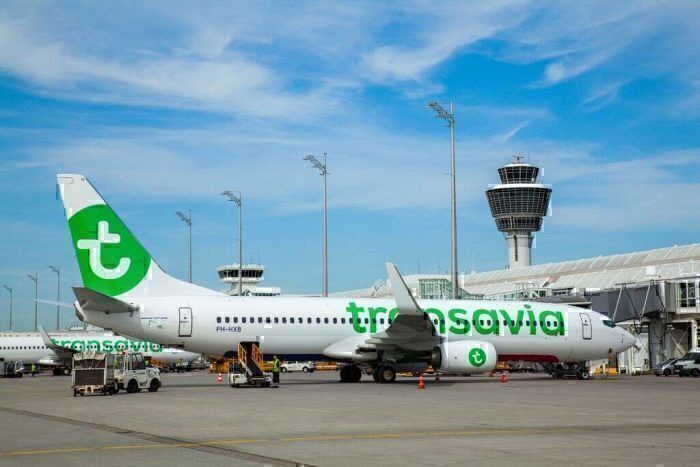Yesterday, a Transavia France Boeing 737-800 flying from Porto to Funchal (Portugal), was forced to divert back to Porto after a male crew member had "passed out for one minute". According to The Aviation Herald, the first officer took control of the aircraft and decided to return to the origin airport. Medical services were requested for the crew member.
Following the diversion, the aircraft landed safely in Porto two hours and 15 minutes after the original departure. A source told The Aviation Herald, that the male crew member in question was the flight's captain. In fact, the captain fainted and received first aid from a passenger - a doctor.
Flight details
The aircraft involved was registration F-HTVG, performing flight TO-3450 from Porto to Funchal. The journey is a total straight-line distance of 643 nautical miles. The incident report indicates that the flight was just 200 nautical miles away from its destination at Funchal in Madeira - the autonomous archipelago region of Portugal.
It would have made the most sense for the flight to complete its journey as it was already two-thirds of the way there. However, it was necessary to return to Porto as the first officer was not certified to perform a landing at Funchal.
Other similar incidents
In a far more unfortunate incident, a Russian Aeroflot pilot died following a mid-air heart attack this past November. The flight was traveling between Moscow and the Black Sea resort of Anapa. Sadly, efforts to revive the 49-year-old co-pilot were unsuccessful. The man was pronounced deceased by medical personnel at Rostov airport, where the aircraft had made an emergency landing.
A month before the Aeroflot incident, an American Airlines A330 traveling from London Heathrow to Philadelphia had to divert to Dublin after two cabin crew fell unconscious. There were reports that a ‘chemical smell’ caused several to become unwell.
The smell was thought to be from the spillage of a cleaning product that had seeped into the carpet. In the audio recording, the pilot was heard to say that two cabin crew had ‘actually lost consciousness’ and that passengers were reporting itchy skin and burning eyes. It later turned out that the smell was actually due to an oil leak in an engine.
Conclusion
Back in 2010, Ryanair boss Michael O’Leary famously said that short-haul flights only needed to have one pilot on board. While medical emergencies of the crew are extremely rare, it seems to be common sense that there is an additional crew member onboard able to operate the aircraft. In fact, the European Aviation Safety Agency requires an airliner to have two pilots in the cockpit.
Have you ever been onboard an aircraft during a medical emergency? Let us know what the experience was like by leaving a comment.
We contacted Transavia with a request for comment. However, at the time of publishing this article, no response has been received. We will update you if any news comes in.




